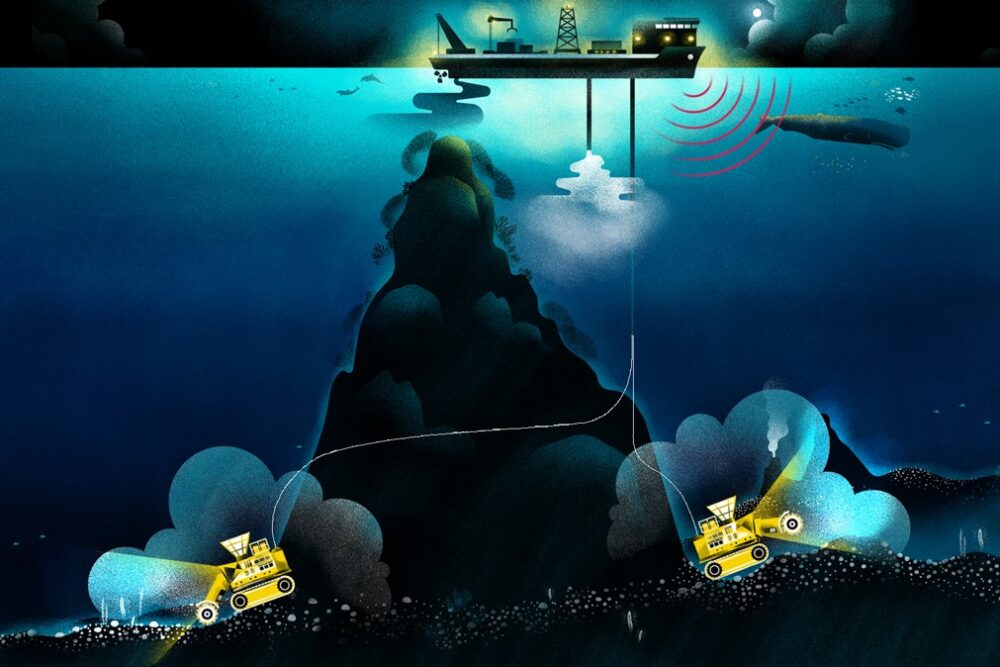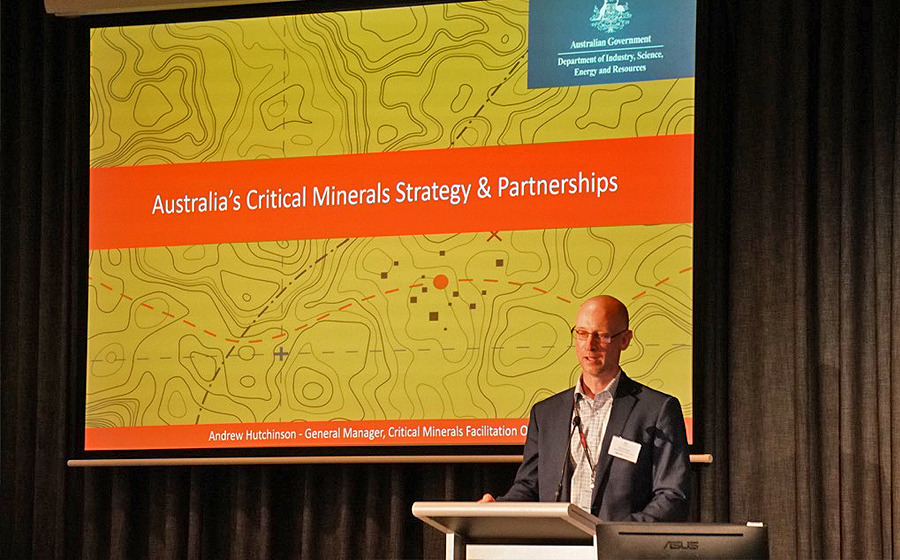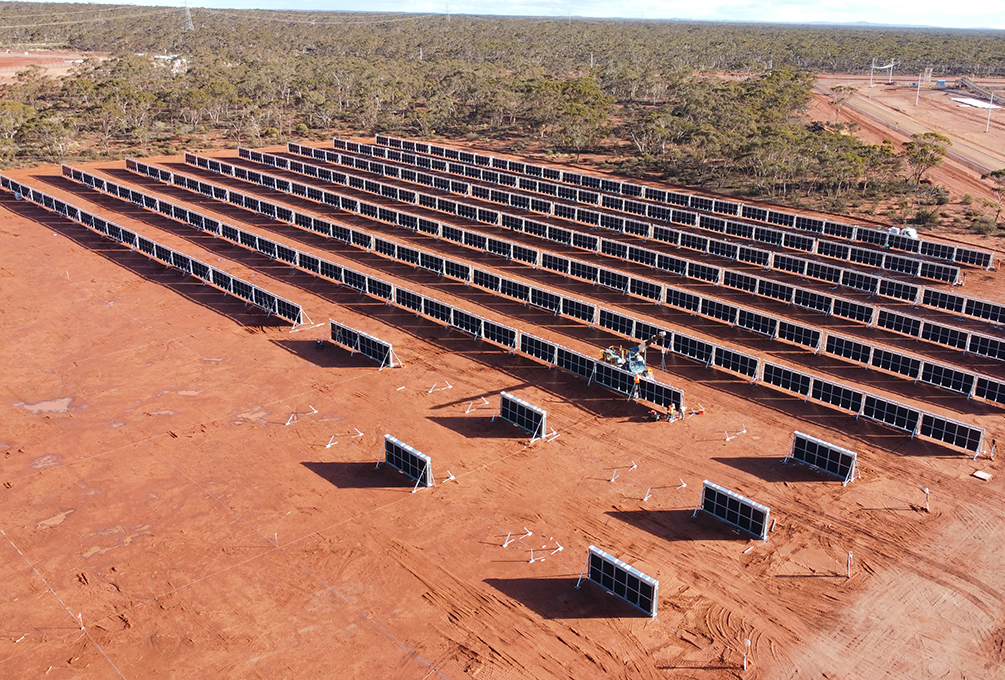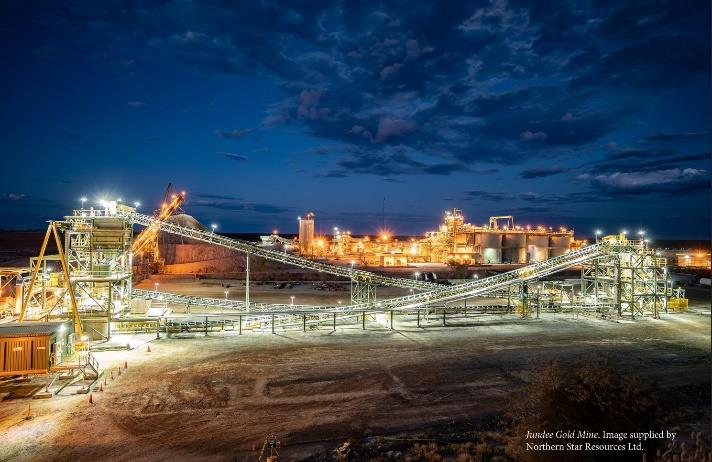
Four leading companies have announced their support for a global moratorium on deep seabed mining. Initiated by BMW Group and the World Wildlife Fund (WWF), and signed by Samsung SDI, Google and Volvo Group, the companies join the increasing chorus of concern about the significant risks to economies and to ocean health that would arise from opening up the deep seabed to the extraction of minerals.
Calls for a global moratorium on deep seabed mining are coming from diverse actors, including scientists, communities, the fishing industry, political leaders, non-governmental organisations, and now also from companies.
By committing to this public statement, the signatories pledge not to source any minerals from the deep sea, and to refrain from using mineral resources from the deep sea in their supply chains and not to finance deep-sea mining activities.
Global Ocean Leader at WWF International, John Tanzer, said the WWF is calling for a moratorium on deep seabed mining.
“We welcome this important step, and call on other companies who care about the ocean to join these leaders by signing on to the statement. It is a clear message to those who are swayed by the false promise that deep seabed mining is a ‘green’ and attractive investment proposition. It is not so.”
Mining in water thousands of metres deep could have destructive effects on vulnerable deep-sea ecosystems and lead to loss of biodiversity and species extinction.
WWF’s recent report, In Too Deep, highlights the projected large-scale destruction of the seabed could affect global fisheries and threaten carbon and nutrient cycles in the ocean.
Given the slow pace of deep-sea processes, destroyed habitats are unlikely to recover within human timescales. What has been created over millions of years would be wiped out in a day.
Jessica Battle, leader of WWF’s No Deep Seabed Mining Initiative, said some pro-deep seabed lobbies are creating their own narrative by choosing to portray only some of what we know and don’t know.
“They are selling a story that companies need deep seabed minerals in order to produce electric cars, batteries and other items that reduce carbon emissions,” she said.
“But savvy companies that are committed to sustainability are seeing through that false narrative. Deep seabed mining is an avoidable environmental disaster. We can decarbonise through innovation, redesigning, reducing, reusing and recycling.”
The report highlighted that marine ecosystems are connected, and many species are migratory. Therefore, deep seabed mining cannot occur in isolation, and disturbances can easily cross jurisdictional boundaries.
WWF and others calling for the moratorium are asking that deep seabed mining activities be put on hold until the environmental, social and economic risks are comprehensively understood; all alternatives to adding more minerals into the resource economy are exhausted; and it is clearly demonstrated that deep seabed mining can be managed in a way that ensures the effective protection of the marine environment and prevents loss of biodiversity.
The initiative remains open to other participants.












